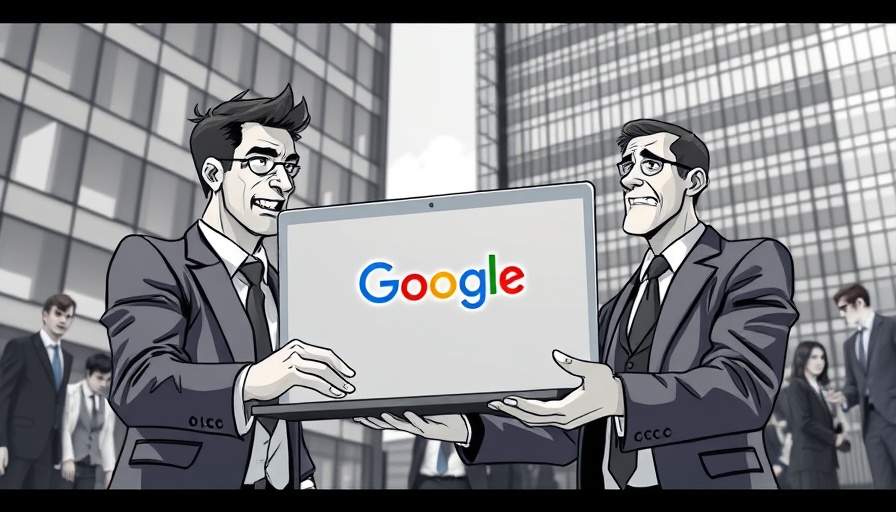
The High-Stakes Battle: Google vs. DOJ
The showdown between Google LLC and the U.S. Department of Justice (DOJ) marks a pivotal moment in the tech industry, especially as the world grapples with the limits of monopolistic practices. As the courtroom doors open for a high-profile remedy hearing, tensions mount over how the tech giant’s influence reshapes competition and innovation in digital information retrieval.
During these proceedings, a range of witnesses, including Google’s CEO Sundar Pichai, will address the potent allegations against the company—specifically that it has cemented an illegal monopoly with its search engine, effectively hindering competition. DOJ attorney David Dahlquist likened this moment to an inflection point that will define the future of digital commerce and information access.
The Case for Breaking Monopoly Power
In advocating extreme measures, the DOJ aims not only to limit Google’s lucrative deals with partners like Apple but also to push for transparency by mandating data sharing with rival search engines. Their argument revolves around the idea that such monopolistic practices have led to an economic landscape where Google’s dominance stifles innovation—"an economic goliath" preventing fair competition.
The Role of AI in the Future of Search
What adds critical nuance to this case is the rise of advanced technologies like artificial intelligence. In a pre-trial statement, Dahlquist emphasized the need to ensure Google does not manipulate its emerging AI capabilities, specifically its chatbot Gemini, to cement its search monopoly further. AI’s potential to reshape user interactions and expectations in search is profound, making it imperative to establish rules that prevent monopolistic behaviors in this new frontier.
Contrasting Opinions on Market Fairness
Google's legal counsel, John Schmidtlein, contends that the company's ascent was due to merit rather than malfeasance, suggesting that punishing Google would merely create a market dominated by less capable competitors. This argument raises a pivotal question: what defines fair competition in a moment where tech giants wield unprecedented influence?
Implications for Business Leaders and Tech Professionals
The outcome of this legal battle carries significant implications for business leaders and tech-savvy professionals. It challenges them to reassess how monopolistic practices may affect innovation and customer choice within their own sectors. As new regulations are proposed, companies across the landscape may be compelled to evaluate and adapt their strategies to align with a transforming vision of competitive fairness.
As the case unfolds, businesses will need to remain vigilant on how these developments influence their operational frameworks and the overall market dynamics moving forward.
 Add Row
Add Row  Add
Add 










Write A Comment